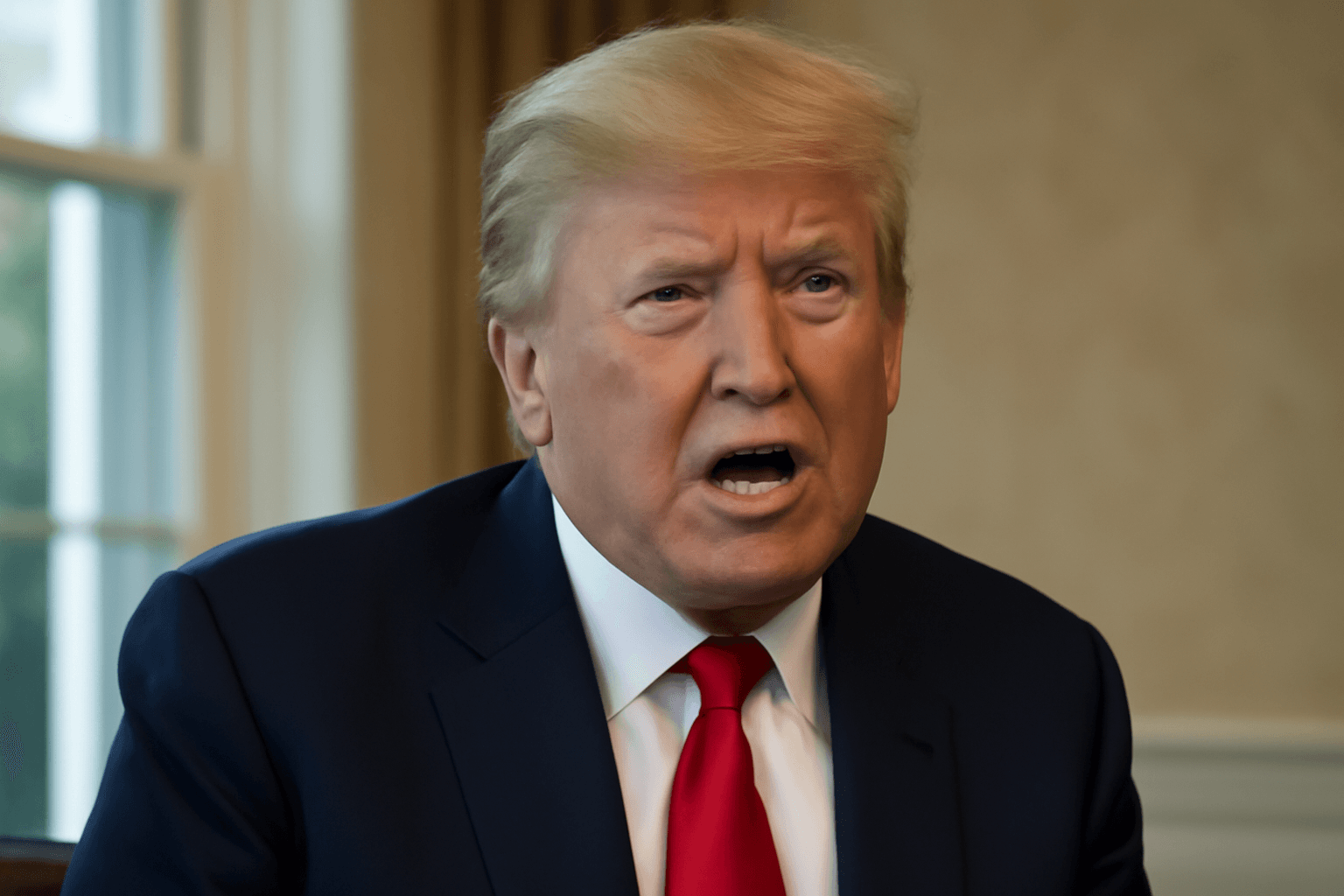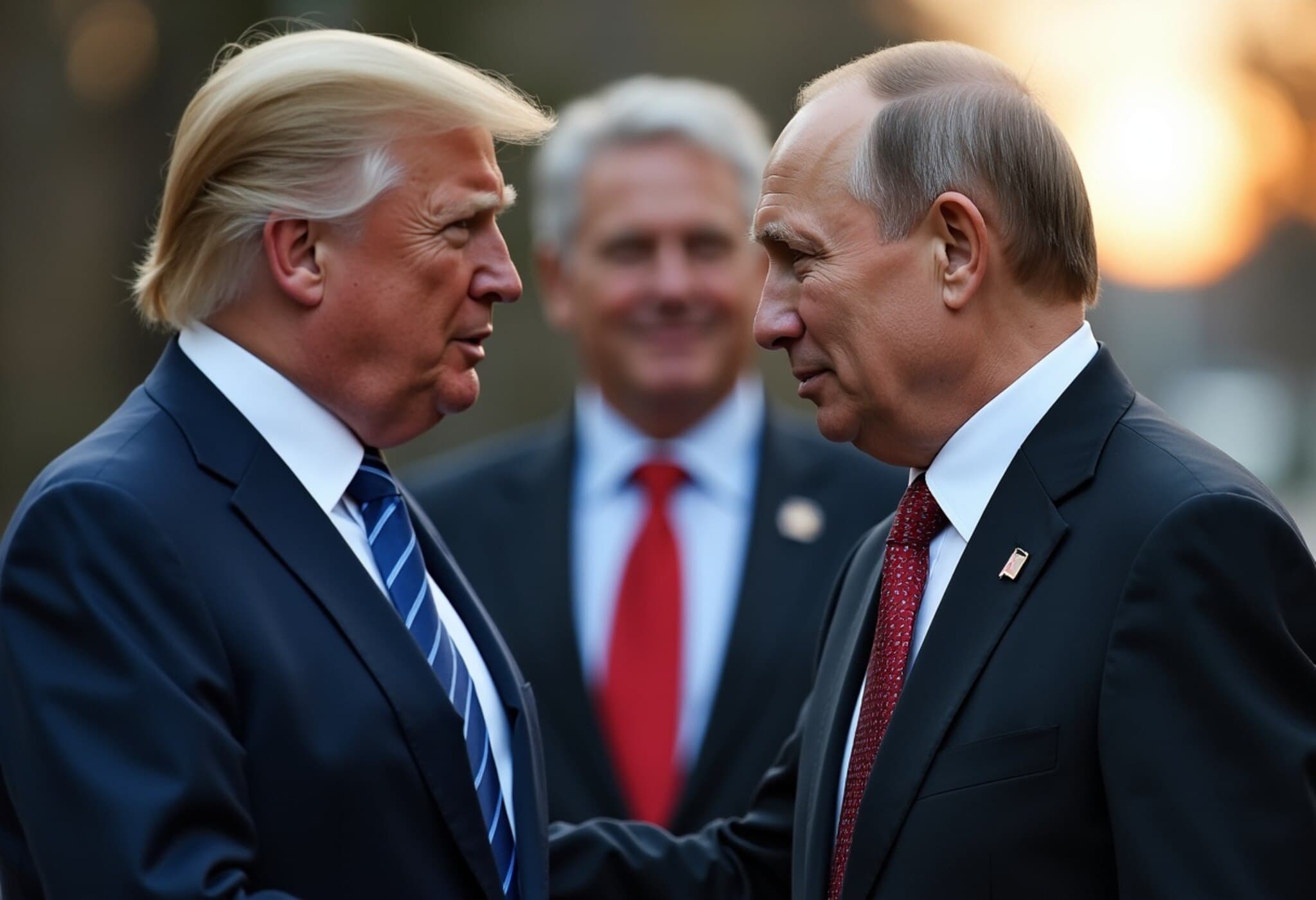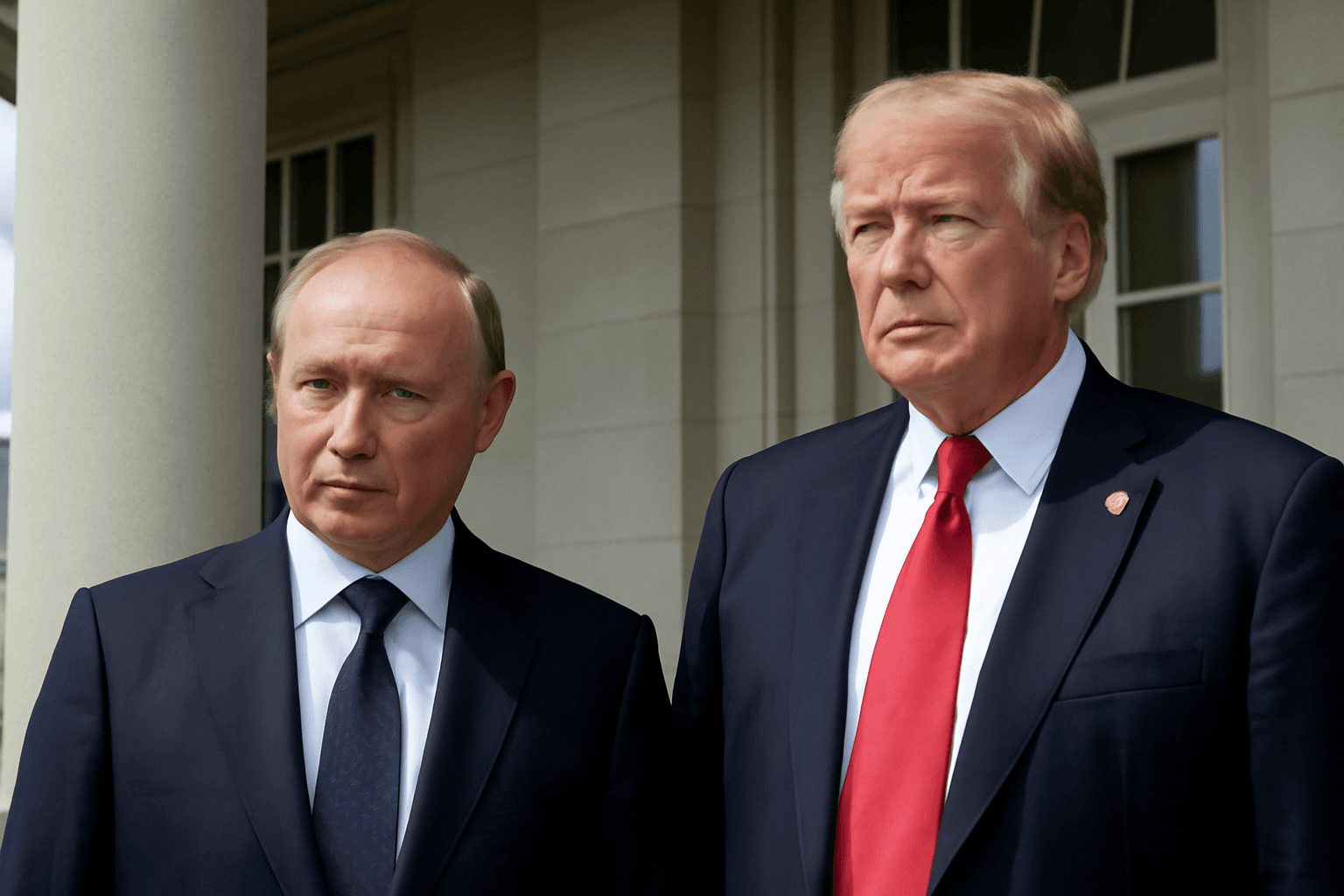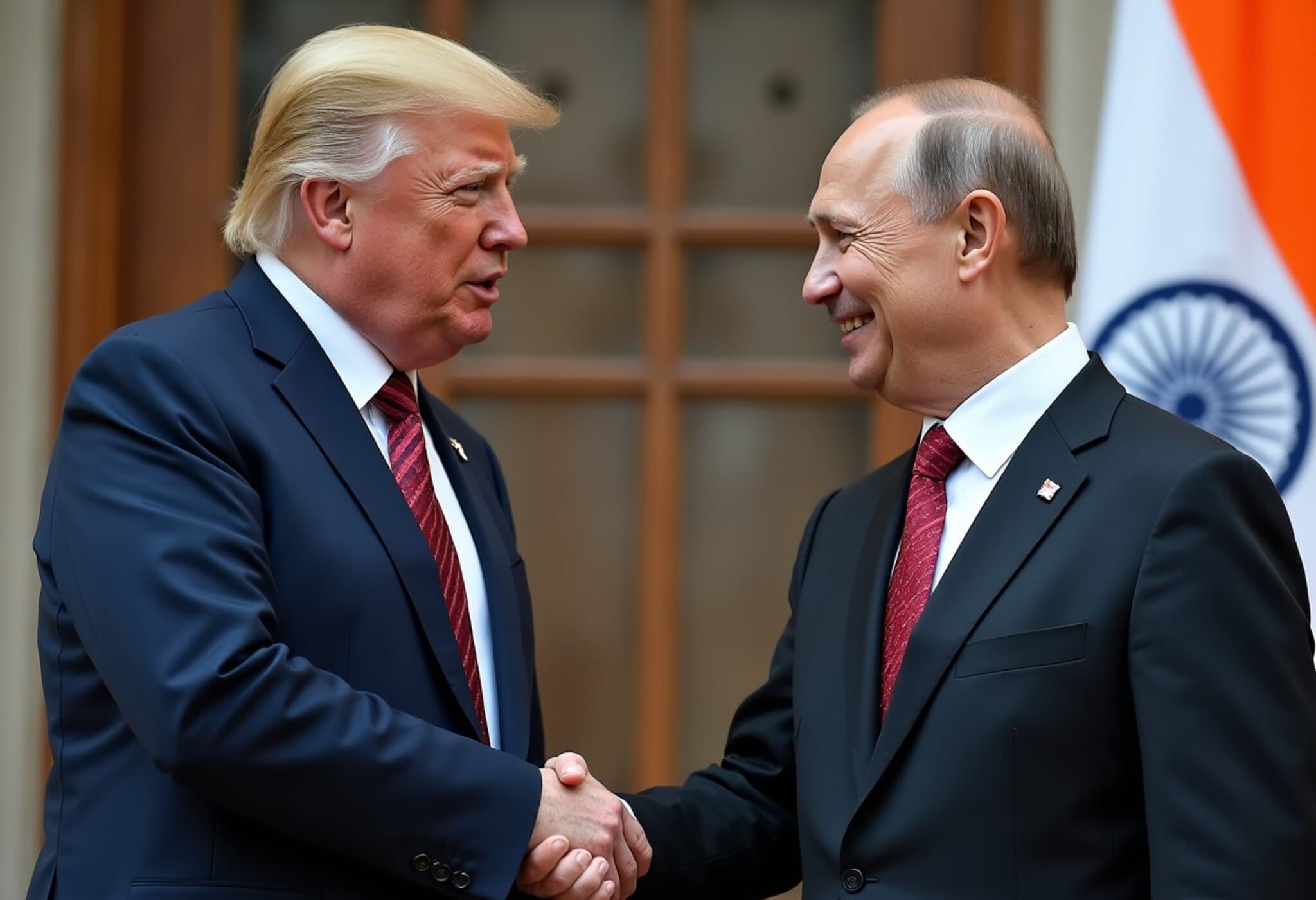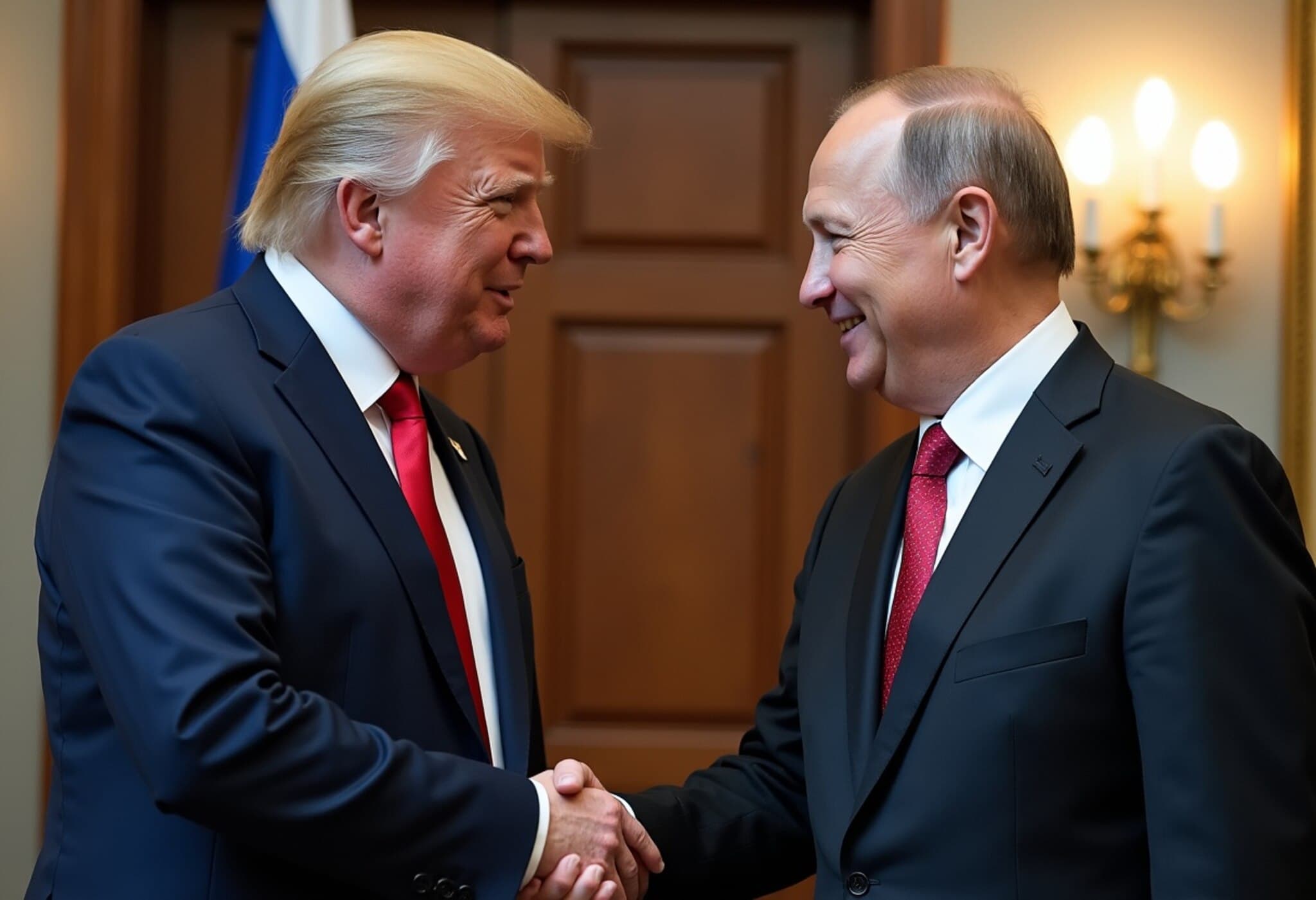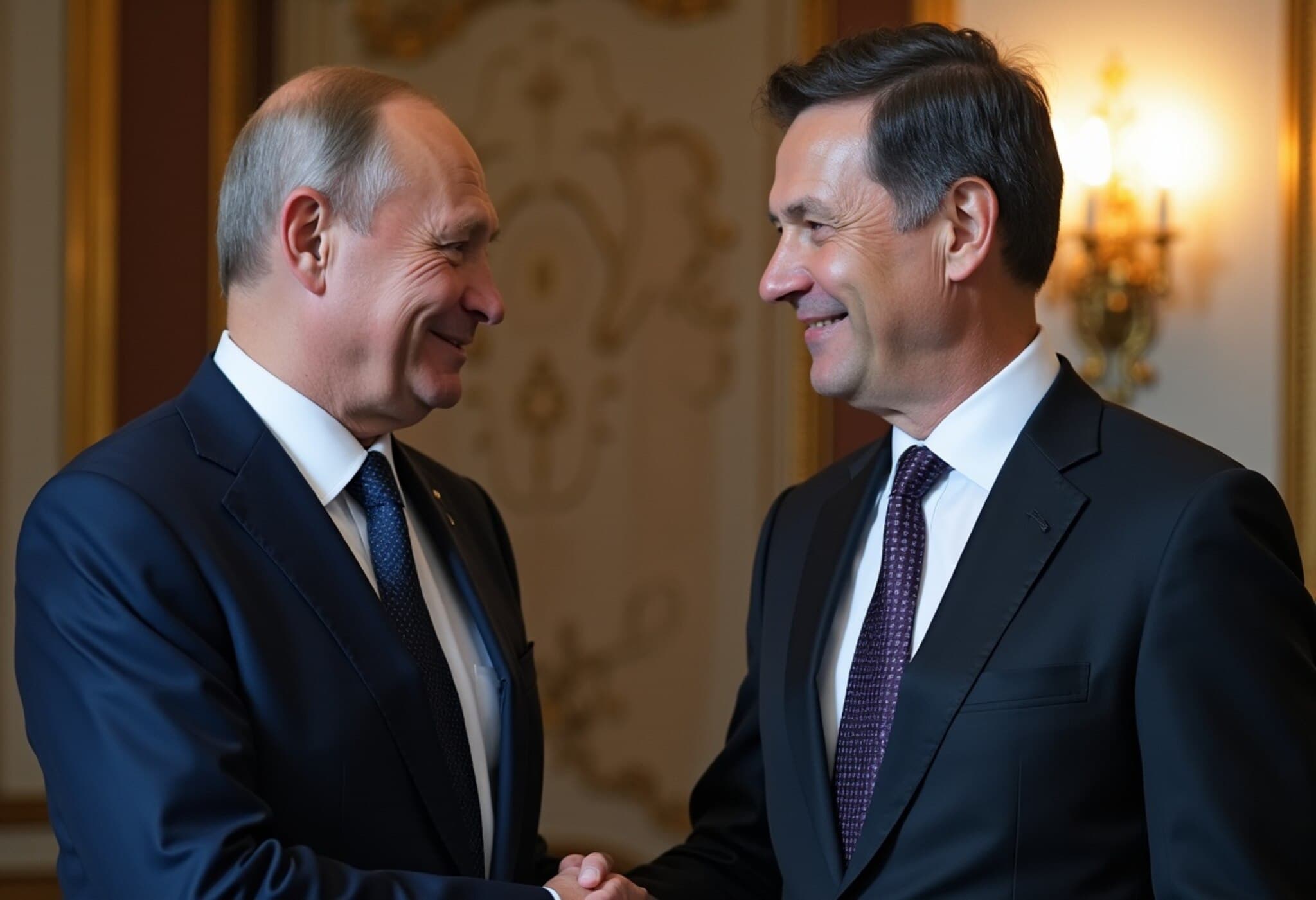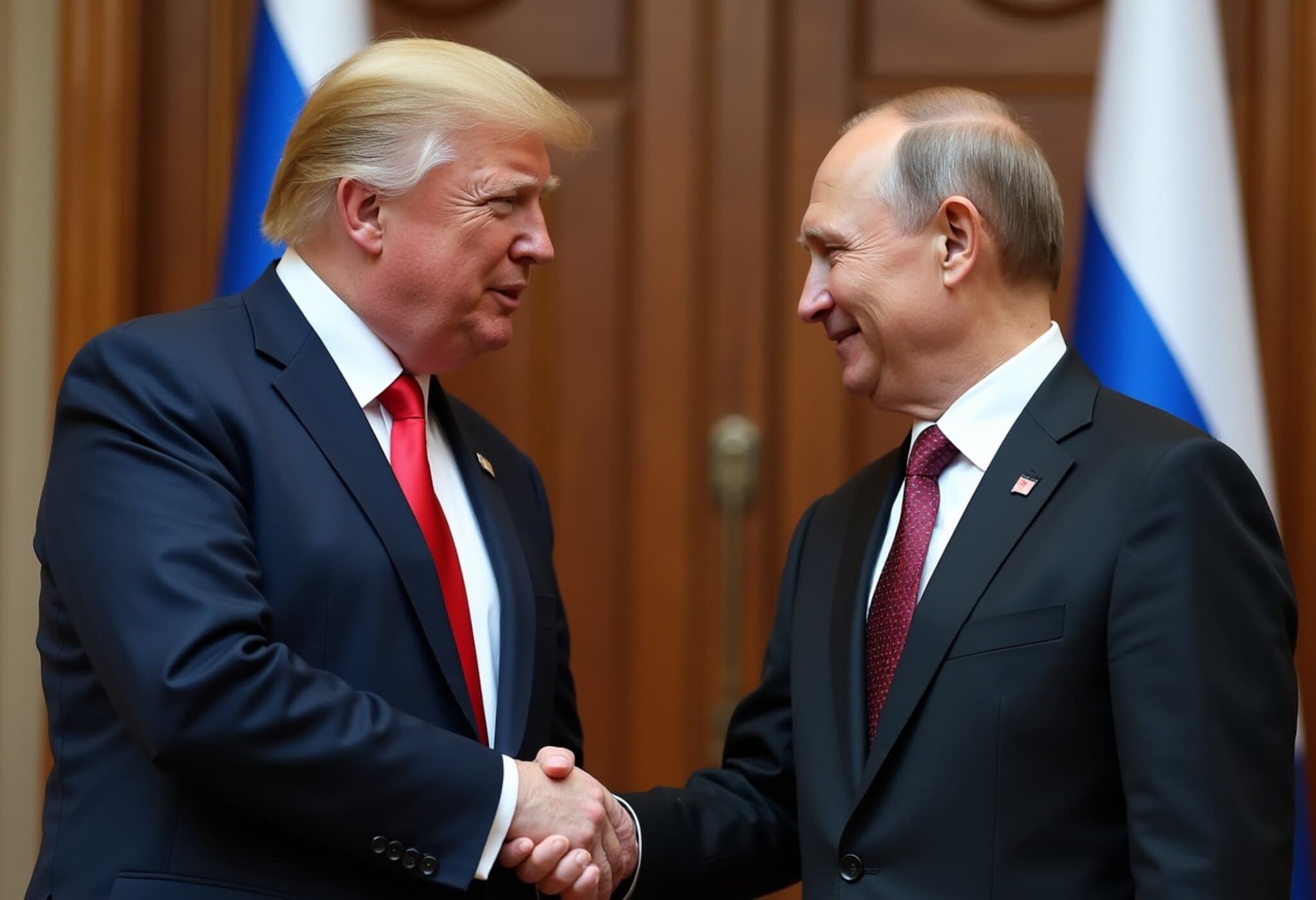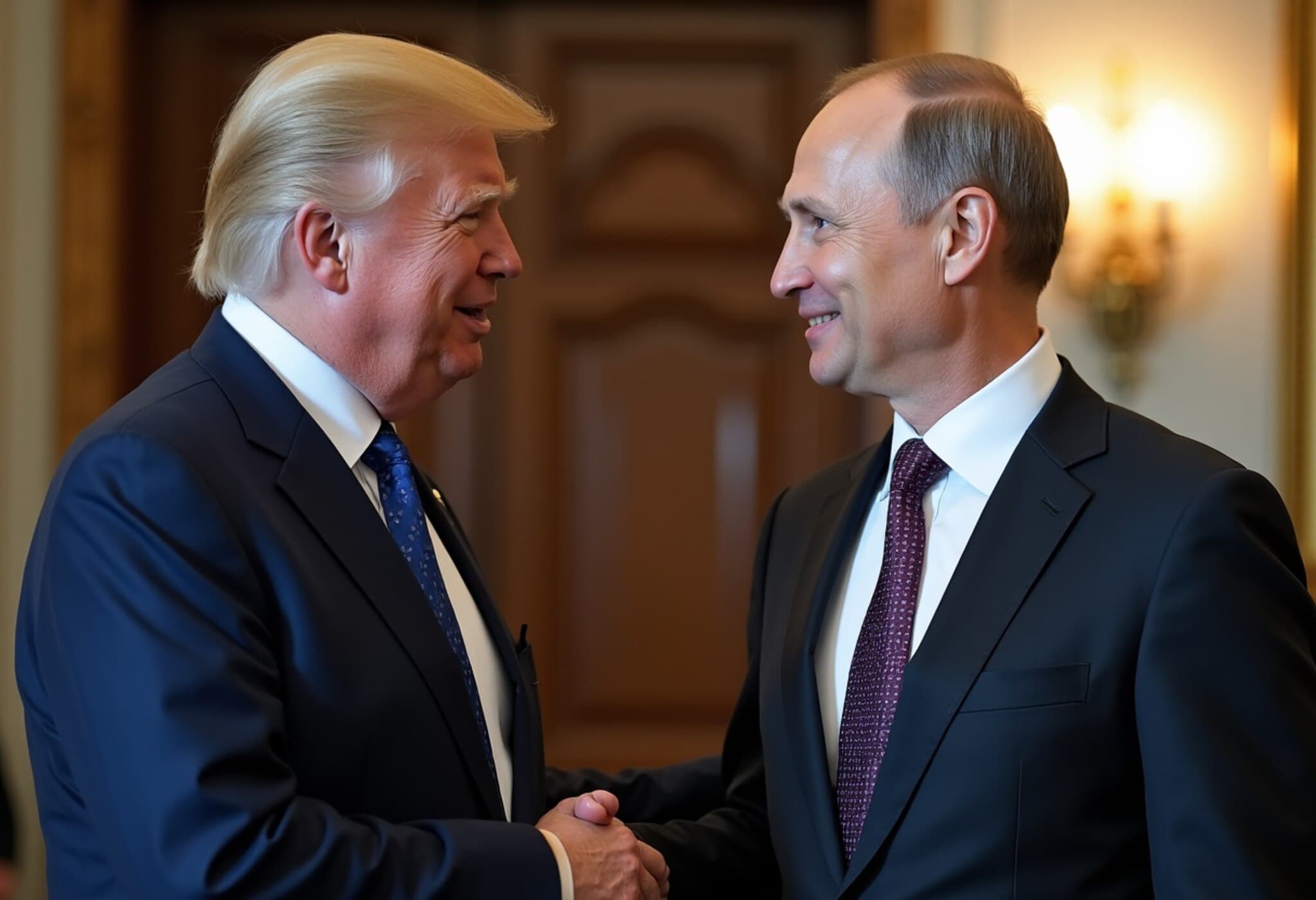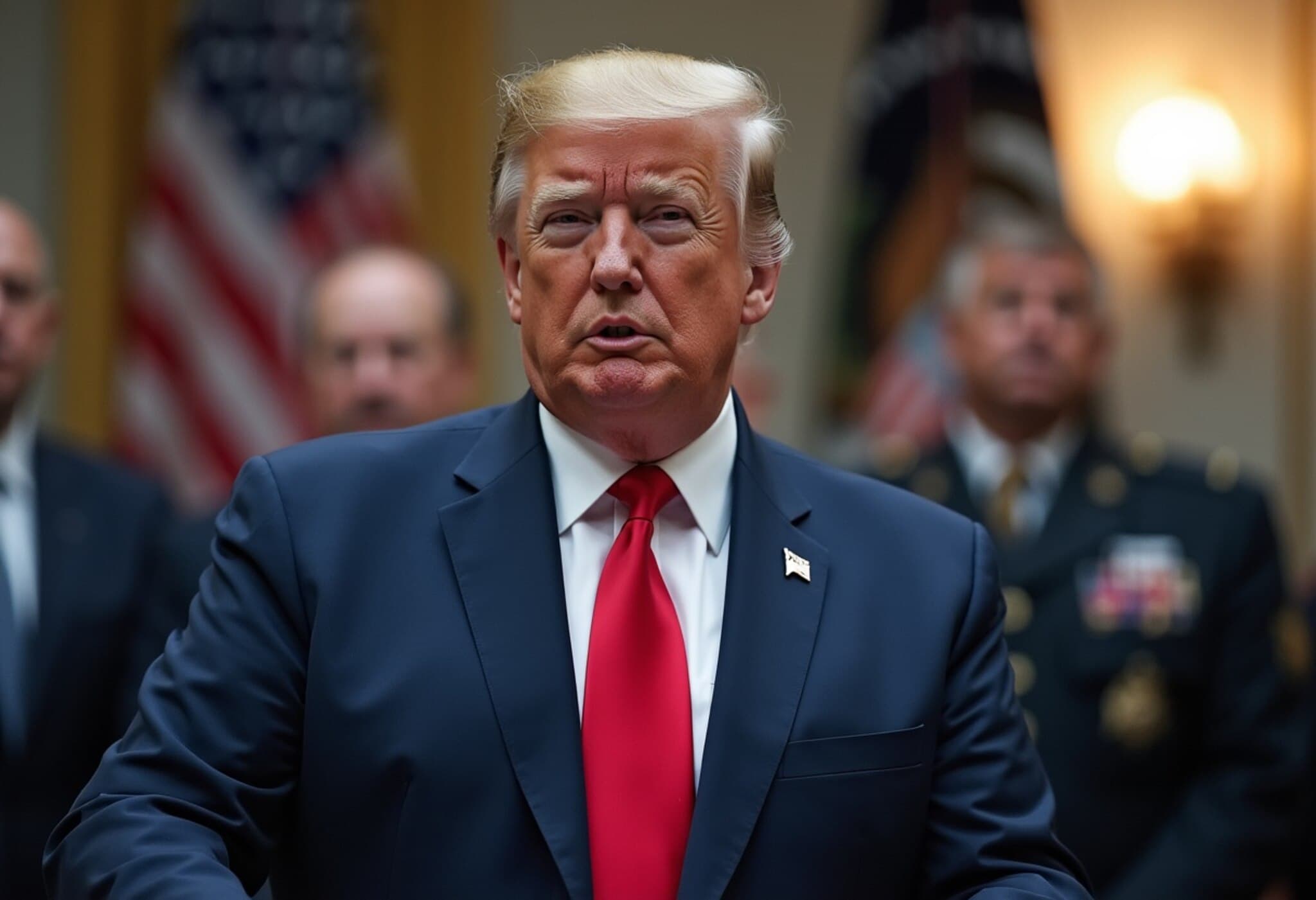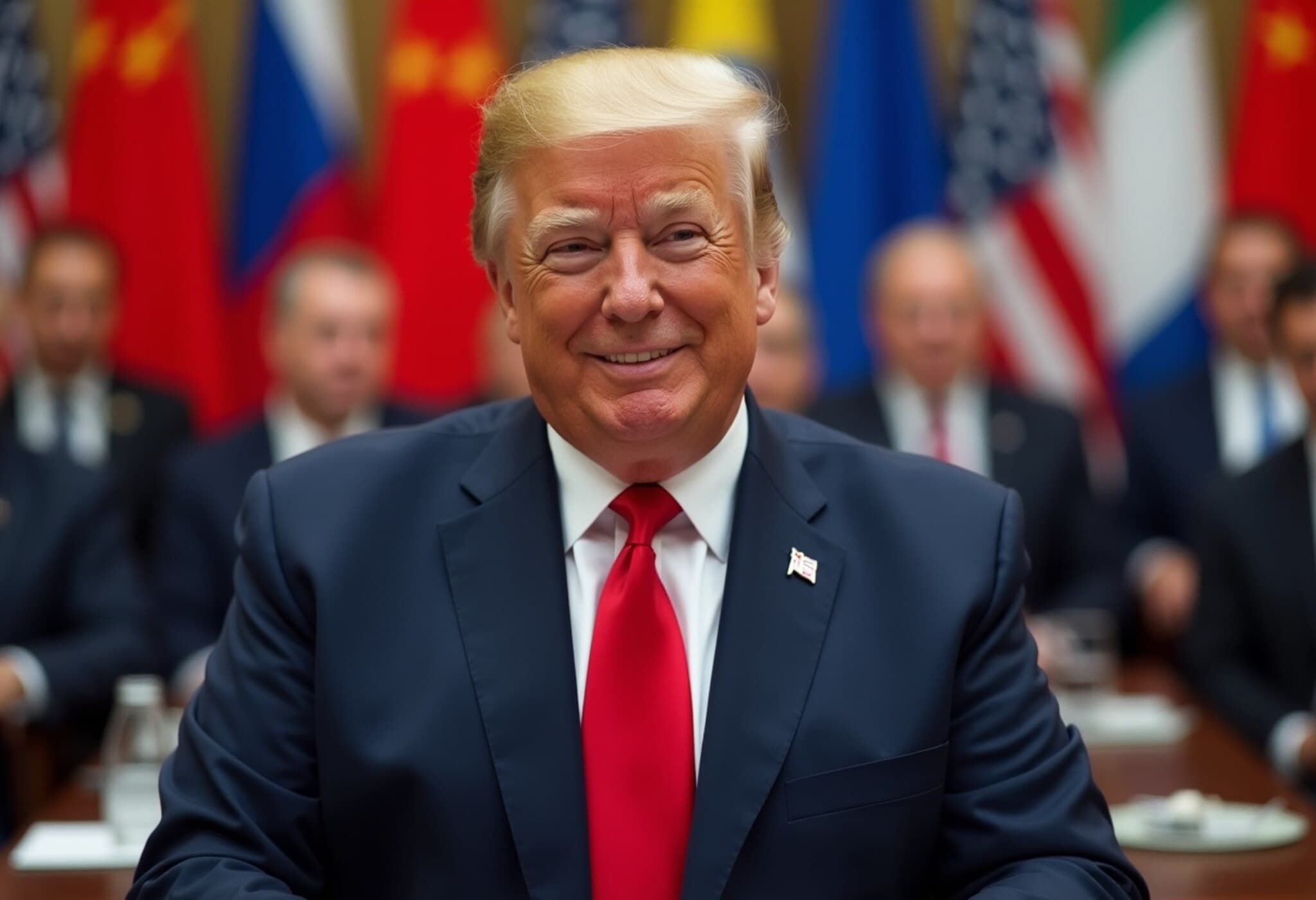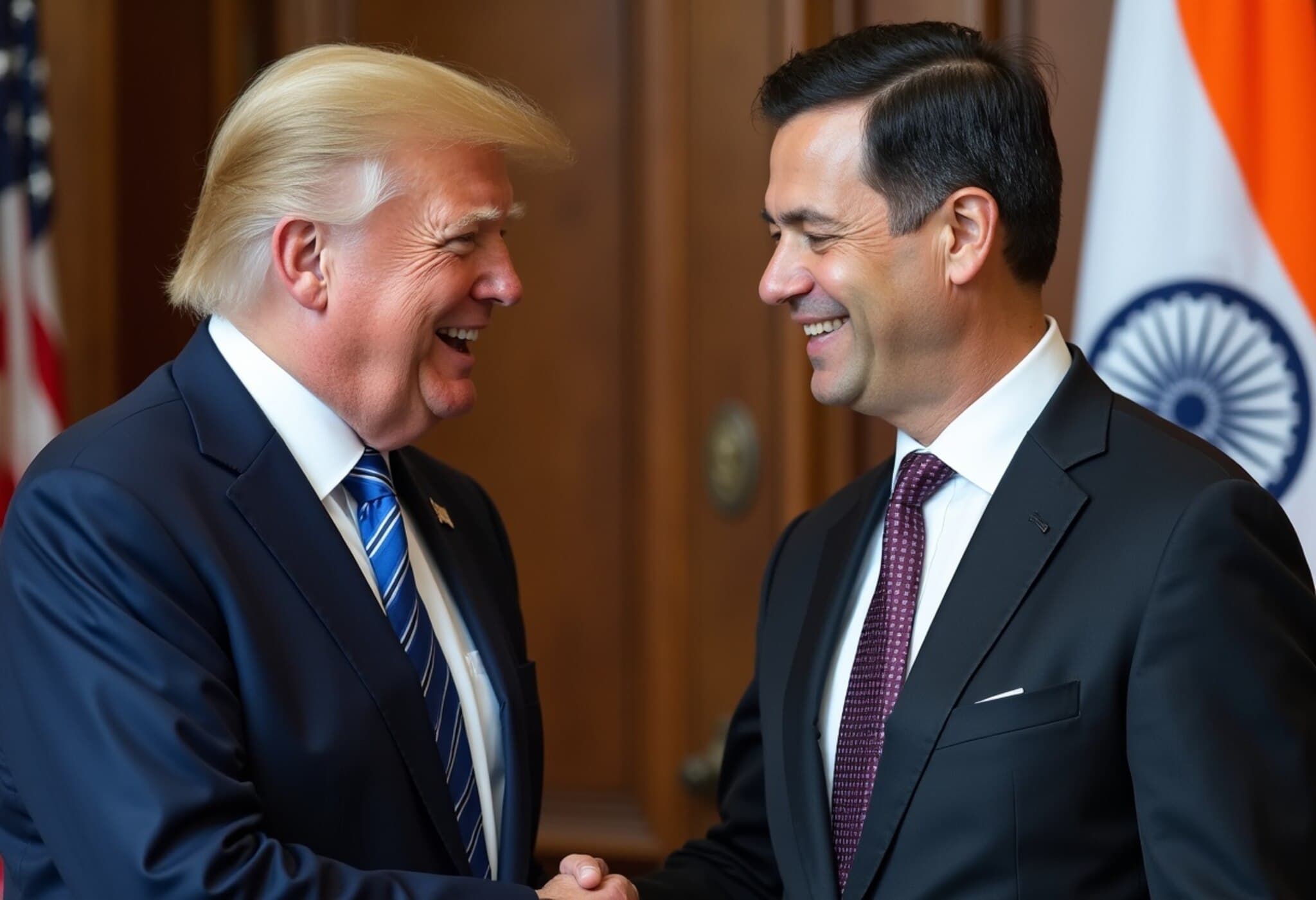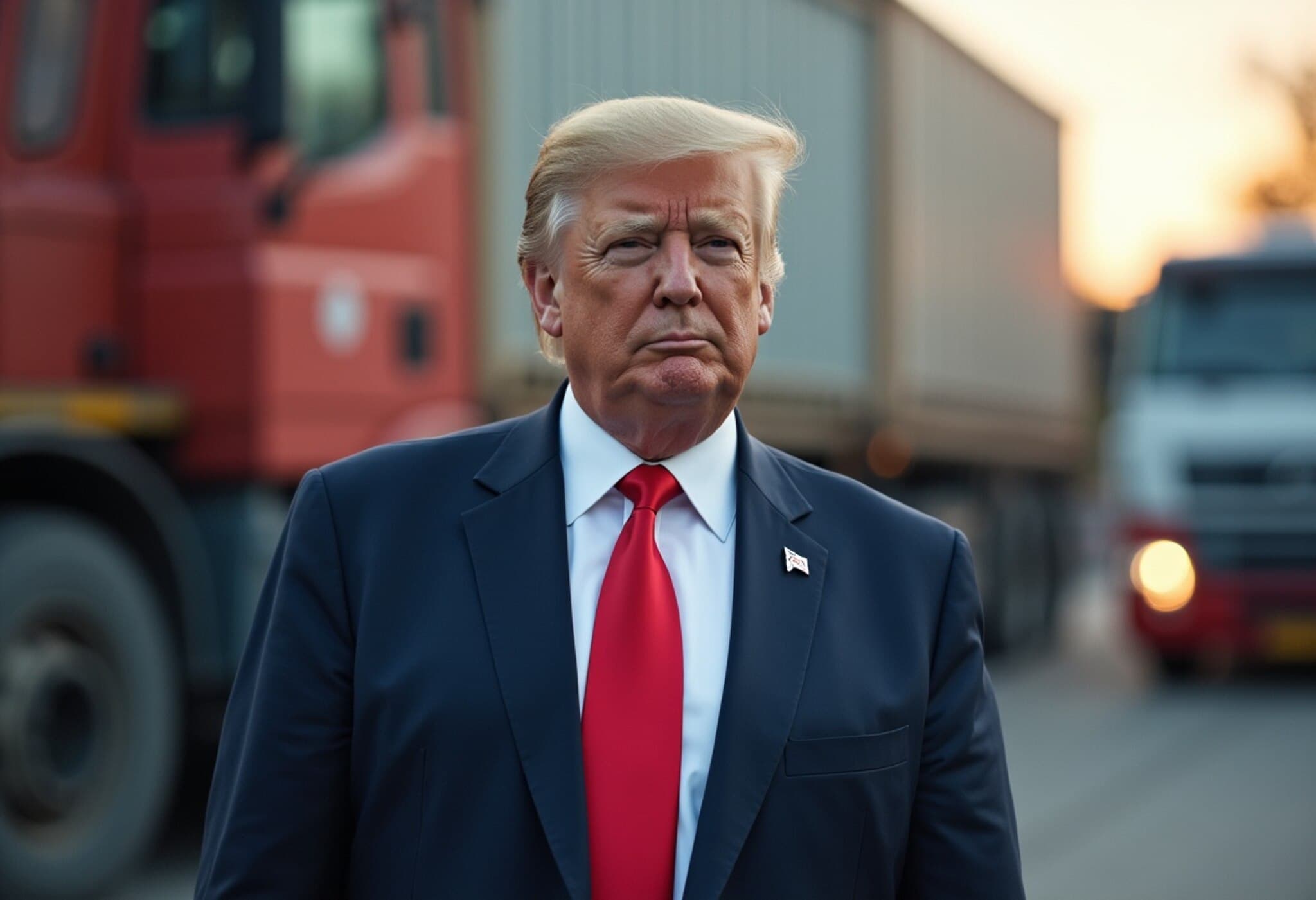Trump Critiques India-Russia Relations Amid Rising Trade Tensions
In a recent outspoken salvo, former US President Donald Trump sharply criticized the economic relationship between India and Russia, branding their economies as "dead" and suggesting they could "take their dead economies down together." This comment comes shortly after Trump announced steep 25% tariffs on imports from India, alongside penalties targeting trade with Russia, signaling a tough stance on the two nations' economic and defense ties.
Context of Trump’s Remarks
Posting on his platform Truth Social, Trump expressed dismissive views about India’s partnership with Moscow, questioning the economic vitality of both countries. He criticized India’s high tariffs and stringent non-monetary barriers, portraying them as significant obstacles to US-India trade growth. Trump underscored the "massive" trade deficit that the US faces with India, blaming New Delhi’s protectionist policies.
He also spotlighted India’s persistent military procurement from Russia, noting that New Delhi continues to be a major buyer of Russian military equipment and energy resources. Trump framed this as controversial, especially amid widespread global calls for Russia to cease its military actions in Ukraine.
Direct Warning to Russian Officials
In a pointed detour, Trump took aim at Russia's Deputy Security Council Chairman Dmitry Medvedev, labeling him a "failed former President" and cautioning him against inflammatory rhetoric, suggesting Medvedev risked "entering very dangerous territory." This personal jab reflects heightened tensions between the US and Russian leadership amid ongoing geopolitical conflicts.
Implications for US-India Relations
Trump’s remarks come at a critical juncture in US-India relations, which in recent years have seen efforts to deepen strategic and economic ties. However, trade frictions remain a sticking point, influenced by India's safeguard measures and America’s complaints about market access. While Trump’s tough rhetoric diverges from traditional diplomatic norms, it shines a light on unresolved trade disputes and geopolitical friction points.
From a policy perspective, the announcement of tariffs on Indian imports and sanctions related to India’s energy purchases from Russia complicates the Biden administration's broader priorities of counterbalancing China and reinforcing alliances in the Indo-Pacific region.
Economic Realities Behind the Rhetoric
- India's tariffs: Among the highest globally, contributing to slow US export growth to the Indian market.
- Defense ties with Russia: India remains one of the largest importers of Russian military hardware, a legacy of Cold War-era relations that still affects current geopolitics.
- Energy security: India’s continued Russian oil imports reflect pragmatic energy considerations amid fluctuating global supply chains.
Regional and Global Context
India's balancing act—maintaining strategic ties with Russia while cultivating closer relations with the US and Western democracies—illustrates the complex foreign policy maneuvers of an emerging global power. Trump’s blunt statements expose underlying tensions, but they also raise questions on how such rhetoric impacts nuanced diplomacy, especially in the context of the Ukraine conflict and shifting alliances.
Expert Commentary
Policy analysts suggest that while strong language may energize domestic political bases in the US, it risks alienating important international partners. India, as a key player in the Indo-Pacific and a member of groups like the Quad, holds significant strategic value for Washington’s interests. Punitive tariffs and harsh public criticism could hinder ongoing collaborative initiatives addressing regional security, climate change, and global health.
Looking Ahead
The evolving dynamics between the US, India, and Russia underscore the challenges of managing interconnected trade and security relationships in an increasingly multipolar world. With continued geopolitical tensions, economic nationalism, and energy crises shaping policy choices, the path forward demands more nuanced engagement than blunt public jabs.
Editor’s Note
This episode highlights the fragile balance between economic interests and geopolitical strategy. It invites readers to consider: how can nations like India simultaneously navigate legacy ties with Russia and burgeoning partnerships with Western powers? Moreover, what are the risks when trade policy becomes a tool for broader geopolitical signaling? As global power structures evolve, the conversation around diplomacy and economics remains critically relevant.

